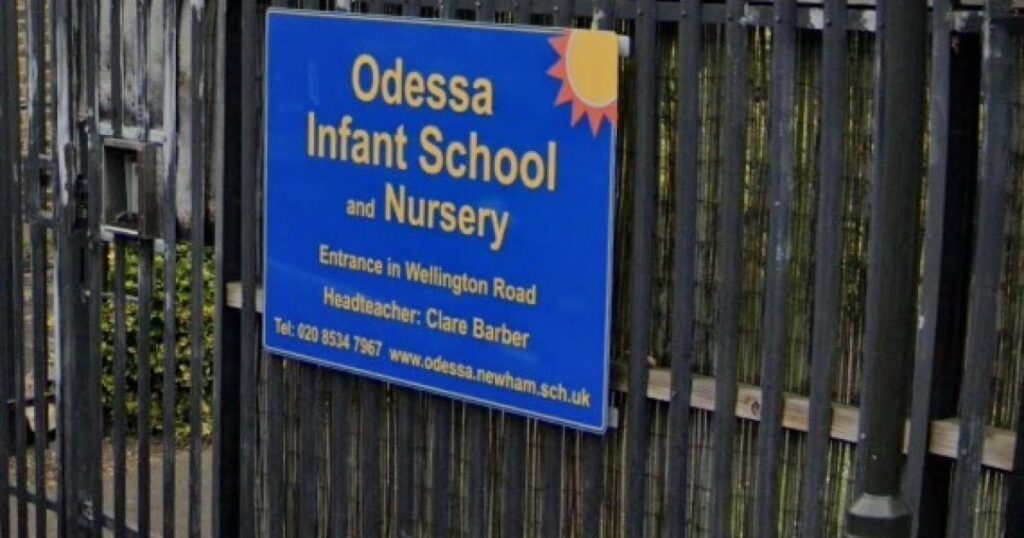Odessa Infant School in Wellington Road could be amalgamated with St James’ Junior School next door to create a new primary school, potentially opening in time for the 2026/27 academic year.
Proposals say that if the amalgamation doesn’t go ahead, then Odessa Infant School would be “unable to operare effectively” and “could be at risk of closure” amid a £400,000 budget hole.
The council has decided, to launch a proposal on the proposed merger, claiming a growing budget deficit at Odessa Infant School meant that a merger with St James’ Junior School was “the only viable option” to secure its financial stability.
The council told the Local Democracy Reporting Service (LDRS) that the deficit is due to increased demand for special educational needs services, and the rising cost of providing them – issues facing schools and councils across the country.
It added that the council doesn’t expect that any pupils will have to move as a result of the merger.
The plans also say that staff on permanent contracts would “automatically continue their employment”. However, they say this would be “subject to any restructuring which takes place before the date of amalgamation, based on a sustainable staffing structure”.
The council told the LDRS: “Odessa is an outstanding and inclusive infant school. The budget deficit is due to the increased special educational needs in the borough, and across London.
“As the school addresses these needs, costs have risen. Because of the funding model for infant schools, the school cannot meet these needs and balance its budget at the same time.”
According to the plans, Odessa Infant School has a cumulative deficit – accrued over more than one year – of £400,000. On the other hand, St James’ Junior School has a surplus of £186,000.
Under a merger model that plans say “is considered a viable and sustainable approach” the new school would be likely to have a surplus of more than £800,000 by 2028/29, based on reduced spending.
However, the plan says this prediction is based on assumptions such as stable pupil numbers and staffing structures. It says: “Any significant change to these assumptions may materially affect the financial outcomes.”
The plan also says the costs of “pension strain” or any redundancies “have not been included” in the projected spending.
It says: “These costs are highly variable and dependent on individual circumstances. Given the early stage of planning, it is not possible to make reliable estimates at this point.”
The council told the LDRS it “wouldn’t be appropriate to go into details” on potential redundancies as a decision on the future of the school has not yet been made.
Plans say parents, carers, staff and governors at the school will all be invited to give their views during the consultation.
The outcome of this will feed into more specific proposals that the council will have to give statutory notice of. There will be then be a period of four weeks in which any organisation or member of the public can submit comments.
The final decision on whether or not to go ahead with the merger would then be taken in public by the council’s cabinet, its committee of leading councillors.




